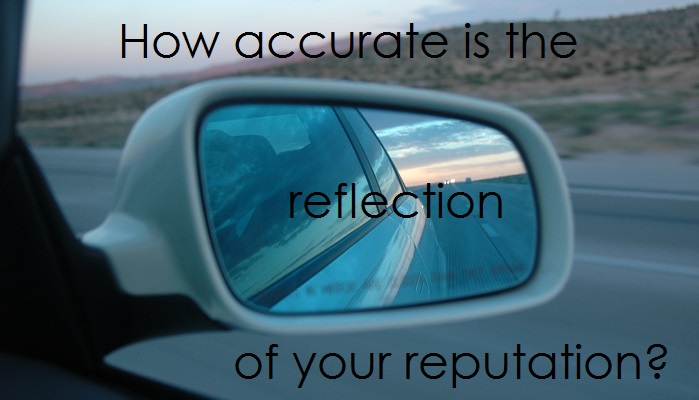 When you meet people networking or you’re networking online it’s usual that, at some point, you ask people ‘what do you do?’
When you meet people networking or you’re networking online it’s usual that, at some point, you ask people ‘what do you do?’
Some people will answer with the industry they’re in, but people who are good at marketing will actually tell you what their clients get, rather than what they do. It’s the difference between a description of how the mechanic will fix the leak in your radiator (yawn) and the benefit of getting your car back on the road fast, confident that it will be reliable (relief, reassurance, happy customer).
Most of us have marketing messages we use for both written and spoken material. The question is – do our actions support our marketing?
As the Police sang ‘Every move you make, every vow you break, every smile you fake, every claim you stake, I’ll be watching you!’ Whether you realise it or not, that’s exactly how the people you meet see you.
So what are your marketing messages? They are, effectively, the promises you’re making to potential – and existing – customers.
They include:
- The strapline that underpins your brand
- Values-based statements aimed at getting people to see you as trustworthy and the kind of company they want to work with
- Every word on your website
- Everything that goes into newsletters and email campaigns
- Your personal profile – including anything that you have on social media.
And that’s just for starters.
That means that you need to walk your talk 100% of the time. No time off, no opportunity to ‘just be me’ – because, especially as a small business owner, you are always representing your business, whether you’re at a networking meeting or a family celebration. You never know who else is there – and watching you!
The other side of this coin is that when you establish your business and are growing it, you should never make a claim that you are not prepared to stand by.
Even if you don’t have a strapline or any big statements about how you operate – just ask your best clients how they see your business and you’ll soon discover that you’ve already got a reputation. Maintaining a good one is essential.
Take an audit of your website, your marketing material, your social media profiles and posts, the way you do business – are they all congruent? Is it effortless to maintain the actions that support the words? It should be.
If you’ve set yourself up to emulate your competitors, you could be making a big mistake. The one thing that differentiates your business is YOU – so be you, be authentic and you’ll have no problem walking the talk.
As a small business owner it’s much easier to be authentic as people know that they’re getting you, your vision, your ethics and your dedication. The bigger the organisation, the harder this is to define and deliver. Authenticity may be a bit of a corporate buzz word, but smaller businesses actually have the edge in presenting this.
